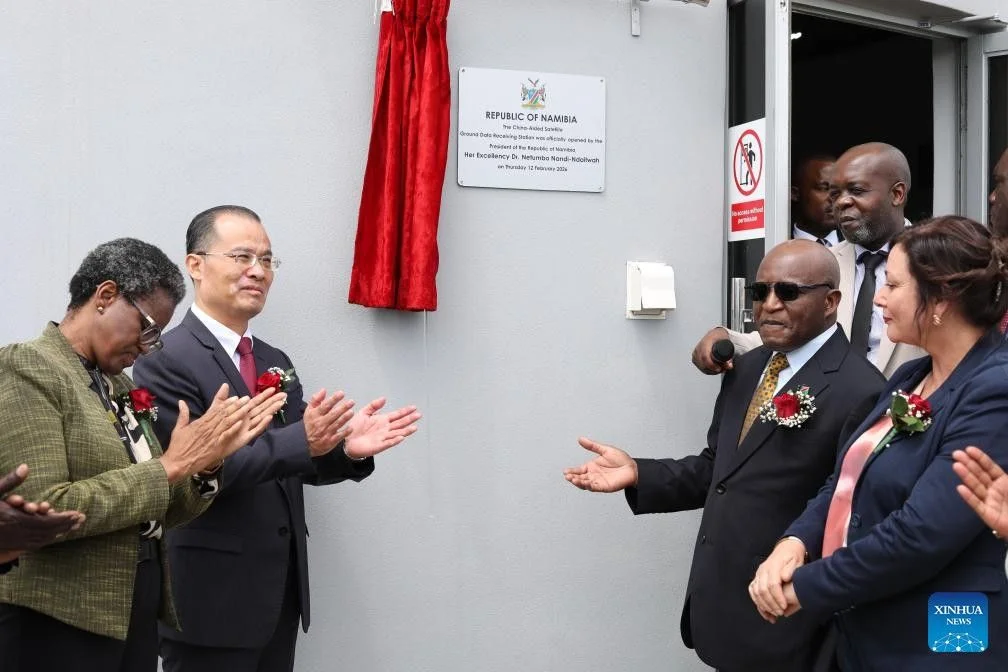Moroccan internet users find themselves in an increasingly precarious position regarding cybersecurity. According to a recent report by the Russian cybersecurity firm Kaspersky, Morocco ranks 15th globally in the list of countries where populations face the highest risk of online infection. This alarming statistic reflects a significant cybersecurity challenge facing the nation.
Understanding the Scope of Cyber Infections
Cyber infections are malware types that stealthily infiltrate user devices, often disguised as innocuous files like images or PDFs. The Kaspersky report reveals that a worrying 19.5% of internet users in Morocco encountered such threats in the first ten months of 2023. This high incidence rate places Morocco among the top countries globally for exposure to these dangerous cyber threats.
Global and Regional Cybersecurity Landscape
Globally, Taiwan leads the list with 24.4% of users at risk, closely followed by Greece (24.1%) and Belarus (22.6%). In the North African context, Morocco ranks third, with Algeria leading at 22.6% and Tunisia following at 21.2%. These figures underline the widespread nature of cybersecurity threats across different regions.
The Menace of Ransomware Trojans
The report sheds light on the prevalence of ransomware Trojans, which affected over 193,000 unique users, including 53,000 corporate and 6,000 small and medium-sized business users. Ransomware Trojans represent a significant threat, capable of taking control of a user’s computer to disrupt, steal, or inflict other damages on data and networks.
Banking Trojans and Cyber Extortion Schemes
In a concerning trend, an earlier report highlighted Morocco’s vulnerability to banking trojans and cyber extortion schemes. In 2022, the country experienced the highest number of detected attacks in Africa, with 18,827 instances traced back to Morocco. Moreover, the country was also heavily exposed to online extortion schemes, comprising 69% of such incidents.
Comparative Analysis with Other African Nations
While South Africa stood as the primary target for ransomware assaults in Africa, Morocco’s share was 8%, aligning with Botswana and Egypt at 6%. This comparative analysis underscores the varied nature of cyber threats across the continent.
The Need for Proactive Cybersecurity Measures
The rising incidence of cyber infections in Morocco highlights the urgent need for robust and proactive cybersecurity measures. Both individuals and organizations must prioritize safeguarding their digital assets against these growing threats. As cybercriminals become more sophisticated, staying ahead with advanced security protocols and continuous vigilance is imperative.
Conclusion: Addressing Cybersecurity as a National Priority
The Kaspersky report serves as a wake-up call for Morocco and other nations facing similar challenges. Cybersecurity must be treated as a national priority, with concerted efforts from government entities, private organizations, and individual users. Only through a comprehensive and collaborative approach can countries like Morocco mitigate the risks posed by these evolving cyber threats and safeguard their digital landscapes for a secure future.















